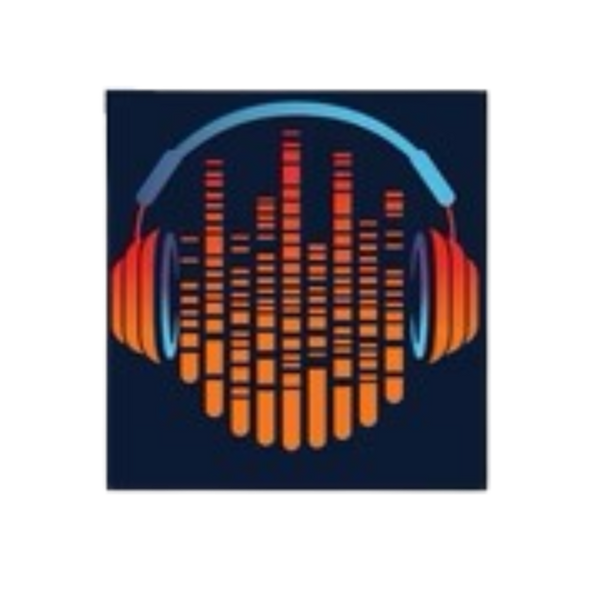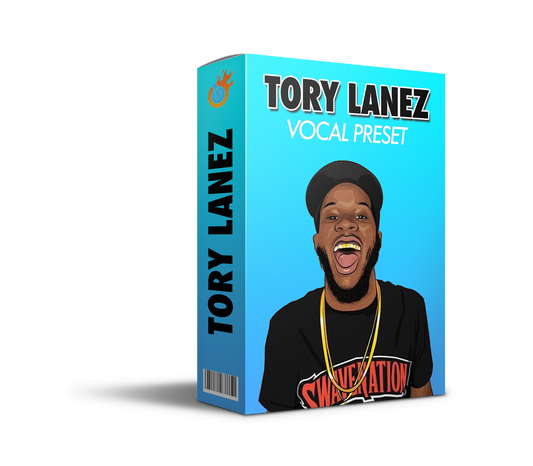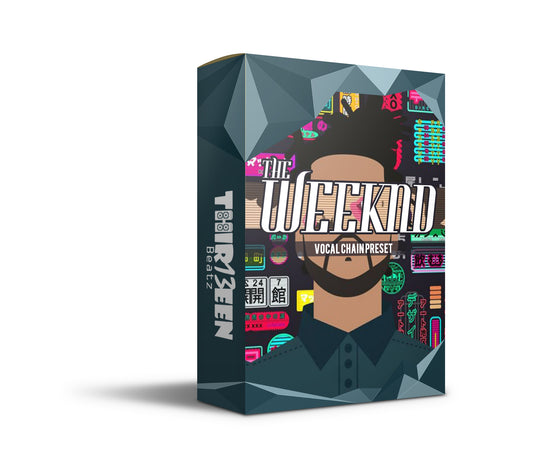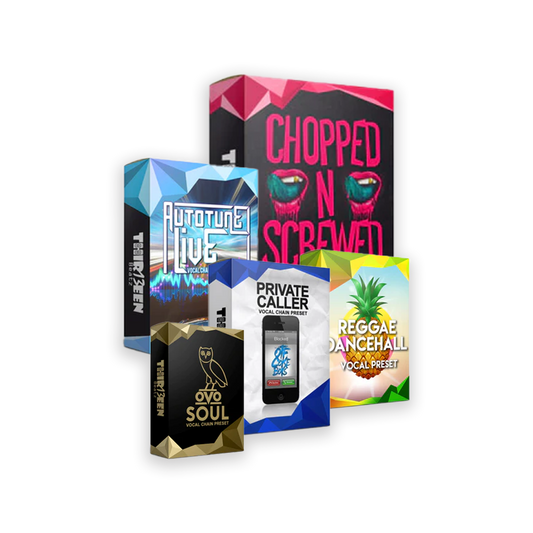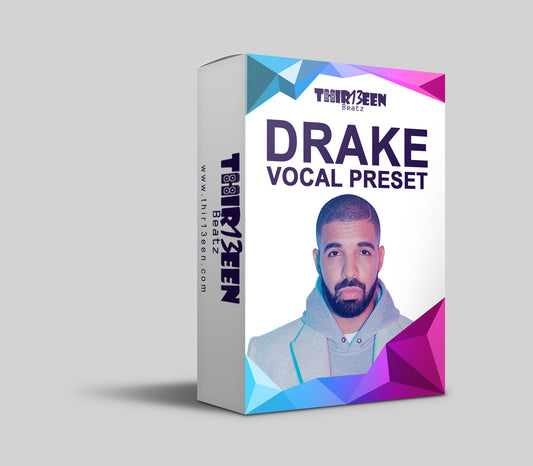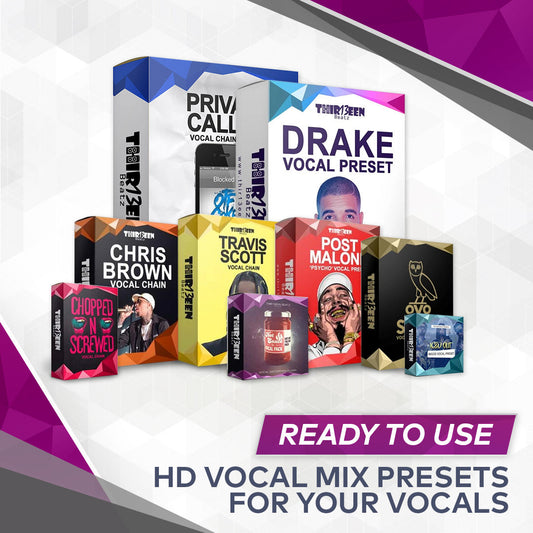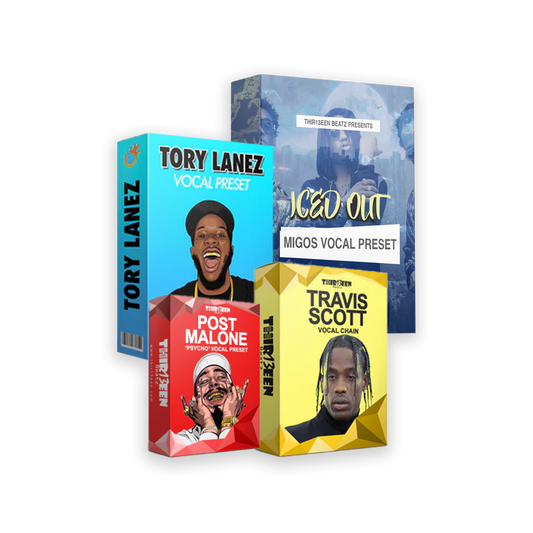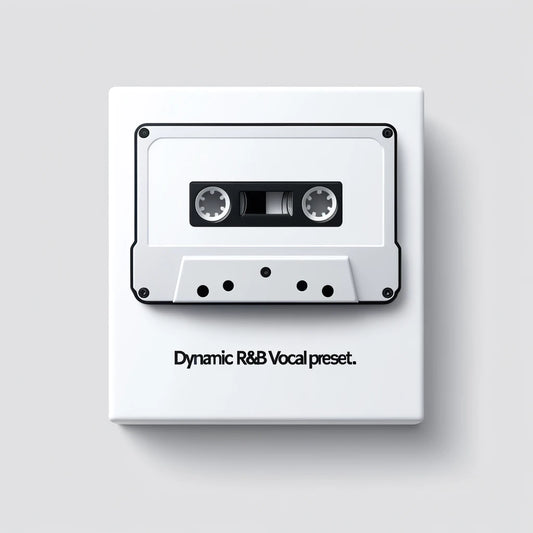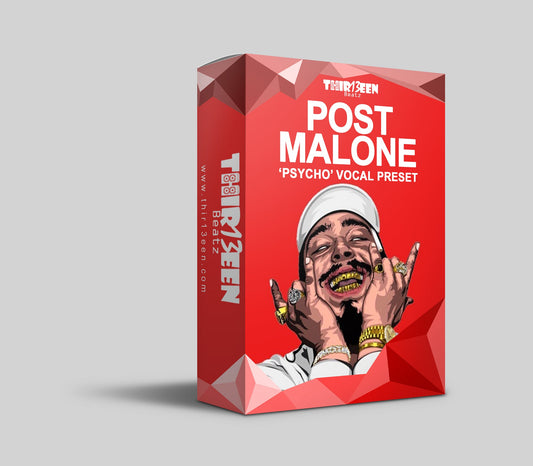Intro to the Best DAW Software for Beginners
A Digital Audio Workstation (DAW) is the cornerstone of modern music production, offering a digital canvas where creativity meets technology. For anyone stepping into the world of music creation, choosing the right DAW can be a pivotal decision. It's where you'll spend countless hours crafting melodies, beats, and songs, making it essential to find one that resonates with your workflow and musical ambitions.
For beginners, the best DAW is one that balances ease of use with powerful features, allowing you to learn and grow without feeling overwhelmed. Factors like user-friendly interfaces, cost-effectiveness, and a rich selection of built-in sounds and tools are key considerations.
In this guide, we'll explore popular DAWs known for their accessibility to newcomers, such as GarageBand, FL Studio, and Ableton Live. Each offers a unique approach to music production, catering to different styles and preferences, making it crucial to choose one that aligns with your creative goals.
Criteria for Choosing a DAW for Beginners
When selecting your first DAW, think of it as choosing the right instrument to express your musical ideas. Here are key factors beginners should consider:
Ease of Use: A beginner-friendly DAW should have an intuitive interface. You want to focus on making music, not wrestling with complicated software.
Cost: Many DAWs offer free versions or trials. Start with these. Remember, the best DAW is the one you can afford and use effectively.
Available Features: Look for a DAW with a good selection of virtual instruments, loops, and effects. These tools help you create diverse sounds even without external instruments.
Learning Resources: Check if there’s strong community support or online tutorials. A DAW with abundant learning materials can steepen your learning curve.
Compatibility: Ensure the DAW works with your computer's operating system. Some are exclusive to macOS, like GarageBand, while others are more flexible.
Choosing a DAW is a personal journey. Consider these factors to find a DAW that not only meets your current needs but also supports your growth as a music producer.
Overview of Popular DAWs for Beginners
GarageBand
GarageBand stands as a beacon for beginners venturing into music production, exclusively available on macOS. It's celebrated for its simplicity and comprehensive suite of features that cater to newcomers.
Key Features:
- User-Friendly Interface: GarageBand's intuitive design makes navigation and music creation accessible for everyone, regardless of their technical skill level.
- Rich Library: It boasts an extensive selection of virtual instruments and loops, allowing users to experiment with various sounds and genres.
- Integrated Learning Tools: GarageBand offers built-in tutorials for learning instruments and music production, a great resource for beginners.
Pros:
- Free for macOS users, making it an economical choice for Apple enthusiasts.
- Versatile, supporting a range of music genres with its vast sound library.
- Encourages learning with user-friendly tutorials and guides.
Cons:
- Limited to Apple devices, excluding Windows or Android users.
- Advanced producers may find it lacks some complex features found in more professional DAWs.
In summary, GarageBand is an excellent starting point for those new to music production, offering a blend of ease of use, a wide array of sounds, and educational resources. Its limitations in platform compatibility and advanced features are small trade-offs for beginners looking for an accessible and cost-effective way to start their music production journey.
Related Post: Best Garage Band Vocal Presets
FL Studio
FL Studio is a favorite among electronic music producers, celebrated for its loop-based composition process and intuitive interface. This DAW opens up a world of possibilities for creating beats and melodies, even if you're just starting out.
Key Features:
- Loop-Based Composition: Makes it easy to sketch out ideas quickly, layering sounds and loops to build tracks organically.
- Intuitive Interface: Designed with beginners in mind, FL Studio's layout is easy to navigate, making music production less intimidating.
- Extensive Plugin Suite: Comes packed with a wide range of instruments and effects, offering creative flexibility without the need for external plugins.
Pros:
- Ideal for beat making and electronic music, with tools tailored to these genres.
- Regular updates add new features and improve user experience, ensuring the software stays current.
- A supportive community and wealth of online tutorials help beginners get up to speed quickly.
Cons:
- The vast array of features can be overwhelming for absolute beginners.
- Some advanced features require purchasing higher-tier versions of the software.
In summary, FL Studio stands out as a robust DAW for those venturing into electronic music production. Its loop-based approach and user-friendly design make it a compelling choice for beginners eager to dive into music creation. While the depth of its features might initially daunt new users, the supportive FL Studio community and abundant learning resources provide a solid foundation for mastering this powerful software.
Related Post: Best FL Studio Presets
Ableton Live
Ableton Live is a powerhouse DAW that bridges the gap between live performance and studio production. Its straightforward layout, combined with powerful features, makes it appealing to both beginners and seasoned professionals. This versatility has cemented its status as a go-to choice for musicians and producers across genres.
Key Features:
- Session View: A unique feature that allows for non-linear composition and easy improvisation, perfect for live performances.
- Integrated Instruments and Effects: Comes with a comprehensive suite of instruments and effects, enabling a wide range of sound design possibilities.
- User-Friendly Workflow: Designed to be intuitive, Ableton Live streamlines the music-making process, making it accessible to newcomers while still catering to the needs of professionals.
Pros:
- Excellent for live performances, thanks to its unique Session View.
- Offers a seamless blend of creative freedom and technical control, suitable for music production at any level.
- Regular updates and a strong user community provide continuous support and inspiration.
Cons:
- The extensive feature set can be overwhelming for absolute beginners.
- Higher cost compared to some other beginner-friendly DAWs.
In summary, Ableton Live stands out for its flexibility, catering to a broad spectrum of music creation, from crafting intricate studio productions to electrifying live sets. Its blend of user-friendly interface and robust features offers a solid foundation for both novices and experts. While the learning curve and price point may pose challenges for some, the investment in Ableton Live promises a rewarding music production experience enriched by endless creative potential.
Related Post: Best Vocal Presets for Ableton
The Benefits of Easy to Use DAWs
Easy-to-use DAWs are like friendly guides in the complex world of music production. They help beginners quickly grasp the basics, turning daunting tasks into manageable, enjoyable learning experiences.
Immediate Practice: With a simple DAW, new producers can start creating music right away, applying what they learn in real-time. It's learning by doing, which is often the best way to understand music production.
Builds Confidence: When beginners see their progress and create something they love, it boosts their confidence. A user-friendly DAW makes this journey smoother and more rewarding.
Foundation for Growth: Starting with a simple DAW lays a solid foundation. As beginners master the basics, they can gradually explore more complex features and concepts, building their skills step by step.
Using an easy-to-use DAW can dramatically shorten the learning curve for new music producers. It allows them to focus on creativity and experimentation, rather than getting bogged down by technical complexities. This approach not only makes the learning process more enjoyable but also sets up beginners for long-term success in music production.
Keep Reading: Best Speakers: Including PC Soundbars and Party Speakers
Conclusion the Best DAW for Beginners
Choosing the right DAW as a beginner is crucial in setting the stage for your music production journey. It's like picking the right instrument to learn; the better the fit, the more enjoyable and productive your practice will be. An easy-to-use DAW not only simplifies the learning process but also allows you to focus on what truly matters—your music.
By starting with a DAW that matches your needs, you lay a strong foundation for mastering the art of music production, ensuring a smoother path toward developing your unique sound.
I encourage all beginners to experiment with different DAWs to find the one that best suits their creative workflow and musical aspirations. Each DAW offers a unique set of tools and features, and what works for one artist may not work for another.
Don't be afraid to try out the free versions or demos available. This exploration is an invaluable part of the learning process, helping you to understand your preferences and how you like to create music. Remember, the goal is to find a DAW that feels like an extension of your creative self, empowering you to bring your musical visions to life.
